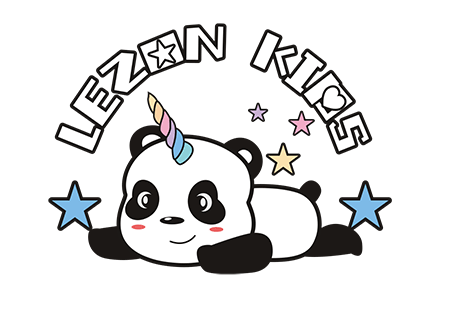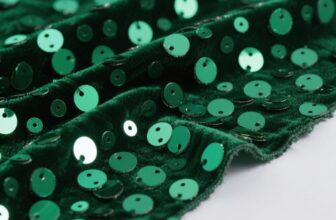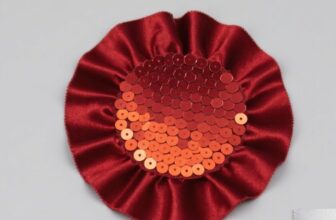MOQ 100! The Secret of Small Batch Orders in Children’s Clothing Manufacturing

1.Breaking Through Industry Pain Points: The Dilemma of Small Batch Orders Under Traditional Supply Chains
Traditional supply chains face significant cost disadvantages with small batch orders, especially those below 300 pieces. LEZONKIDS (Children’s Clothing Manufacturing Factory) conducted a cost comparison between 100-piece and 300-piece minimum orders to analyze marginal cost differences:
| Cost Items | 100-Piece Minimum Order Cost (USD) | 300-Piece Minimum Order Cost (USD) | Cost Variance Analysis |
|---|---|---|---|
| Raw Material Procurement | 8,000 | 20,000 | The 300-piece MOQ offers scale advantages in raw material procurement, lowering per-unit costs. |
| Production Preparation Costs | 2,000 | 2,000 | Larger order volumes reduce per-product production preparation costs. |
| Production and Processing Costs | 5,000 | 12,000 | The 300-piece MOQ achieves higher production efficiency, cutting per-unit processing costs. |
| Warehousing and Logistics Costs | 1,500 | 3,000 | The 300-piece MOQ is more cost-effective for warehousing and logistics. |
| Total Cost | 16,500 | 37,000 | While the total cost for 300 pieces is higher, the per-unit cost is $123.3, versus $165 for 100 pieces—highlighting the 100-piece MOQ’s cost disadvantage. |
2.Analysis of LEZONKIDS’ Flexible Production
2.1 Fabric “Rolling Purchase” System: The Wisdom of Trading Volume for Price
LEZONKIDS has innovatively developed a fabric “rolling purchase” system. Its key advantage lies in dynamism and flexibility—it avoids one-time bulk purchases, instead rolling over weekly orders based on production plans and market demand forecasts. This ensures fabric supply for production while preventing storage costs and capital tie-ups from large stockpiles. Meanwhile, by building long-term, stable partnerships with suppliers, LEZONKIDS gains timely access to the latest fabric information and technologies, supporting product innovation.
2.2 Modular Production Lines: Flexible Response to Diverse Order Sizes
When receiving a 100-piece small batch order, the line quickly switches to a small-batch production mode, optimizing processes and resource allocation to boost efficiency. If orders scale to 500 pieces, the line adjusts rapidly to increase capacity, ensuring on-time delivery. This modular approach enhances production flexibility and cuts costs. Compared to traditional lines, it reduces equipment idle time, improves utilization, and lowers worker training and management costs.
2.3 Intelligent Cutting Bed Loss Control: Technology-Driven Cost Optimization
In traditional cutting, manual operations often caused fabric waste. The intelligent bed maximizes fabric usage, minimizing scraps. Its automatic layout function quickly generates the best plans for different orders, further improving utilization. Additionally, its high cutting accuracy ensures precise fabric sizes, reducing rework and waste from size errors—effectively lowering production costs.
3.Customer Benefit Maximization Strategy
3.1 Mixed-Style Production Guide: Skills for Combining Same-Fabric, Different-Style Orders
For example, if Customer A needs 100 pieces of Style A and Customer B needs 150 pieces of Style B—both using the same fabric—LEZONKIDS can merge the orders and use fabric from the same batch. This offers dual benefits: order consolidation increases volume, further reducing raw material and production preparation costs; meanwhile, it minimizes production line changes, boosting efficiency and cutting processing costs. Mixed-style production also meets diverse product needs, providing customers with more choices.
When implementing this model, LEZONKIDS develops detailed production plans based on customer orders and schedules. Every step—from fabric procurement, cutting, and sewing to packaging—is strictly controlled to ensure consistent quality across styles and on-time delivery.
4.6,000㎡ Children’s Clothing Manufacturing Factory: Strength Drives Quality
4.1 Clear Process Division: One Smart Workshop per Process
The pre-treatment workshop handles fabric inspection, shrinkage, and softening to ensure production readiness. The cutting workshop uses intelligent beds for precise cutting, improving fabric utilization. The sewing workshop deploys advanced machines and automated equipment to guarantee quality and efficiency. The finishing workshop oversees final processes like ironing and packaging, ensuring products reach customers in optimal condition.
This smart workshop model with clear division of labor enhances production efficiency and facilitates management and quality control. Each workshop includes independent quality inspection links to promptly detect and solve issues, ensuring stable product quality.
4.2 Intelligent Cutting Machine: High Efficiency
4.3 Manual Full-Process Quality Inspection + Intelligent Machine Inspection
The factory has also introduced intelligent machine inspection equipment for detailed checks. For example, during packaging, machines detect care label accuracy and thread residue. This dual guarantee ensures every product meets high standards, providing reliable quality assurance.

Conclusion
As market demands evolve and technology advances, the refined control model for small batch production will continue to improve and innovate. LEZONKIDS will uphold its principles of innovation, quality, and service, continuously enhancing competitiveness, creating more value for customers, and driving development in the children’s clothing industry.








